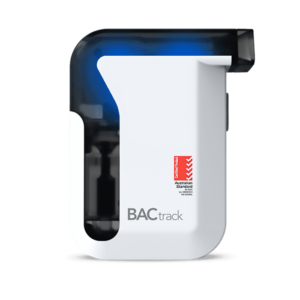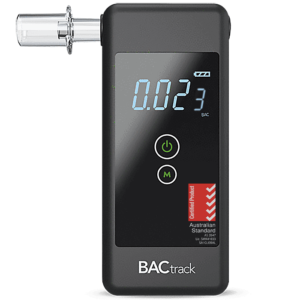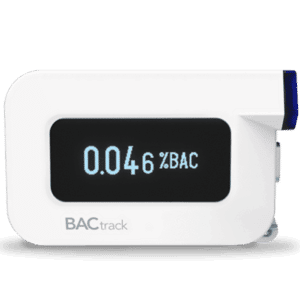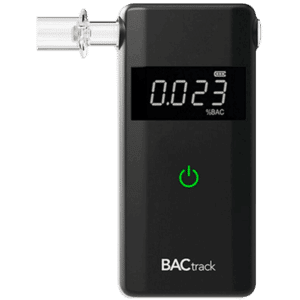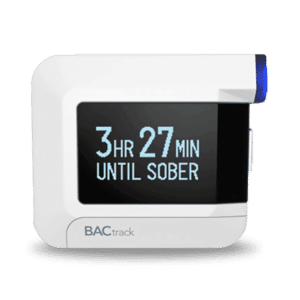Drug Test Alcohol Employment: Reasons for Conducting the Testing
21 December, 2023

Drug and alcohol for employment testing is conducted for several reasons. Employers often do the process as part of pre-employment testing. This is to ensure that the potential employees are free from illicit substances. Accordingly, the organisations employ it for random testing and reasonable suspicion. This is to deter illegal substances and address an employee who may have potential substance abuse issues. Moreover, the testing helps in post-accident in the workplace.
Alcohol abuse and drug usage in the workplace are serious issues. Employers have a responsibility to ensure workplace safety and the well-being of their employees. This is why alcohol drug testing has become a common practice in many industries. It is crucial for high-risk industries like the mining industry, transport industry, and other critical positions. This article will present the reasons for the testing, the types of tests used, and what happens after a non-negative result.
Drug Test Alcohol Employment – What are the Reasons to Conduct It?
Organisations conduct drug and alcohol for employment testing for various reasons. When it comes to pre-employment testing, employers want to ensure that they are hiring individuals who are capable of performing duties safely and effectively. The illegal drugs and alcohol misuse testing during the hiring process helps to identify potential employees who may pose a risk to a safe workplace.
Random drug and alcohol testing allows employers to deter substance abuse in the workplace by creating a sense of unpredictability. Hence, the testing on employees can occur anytime without prior notice. Accordingly, reasonable suspicion testing is initiated when an employer has evidence or reasonable cause to believe that an employee may be under the influence of drugs or alcohol while at work.
Furthermore, post-accident testing is performed following workplace accidents or incidents. This is to determine whether recreational drugs or alcohol consumption may have contributed to the event. Hence, this type of testing is crucial for eliminating safety risks and establishing facts in the event of compensation claims of workers or legal challenges.
Legal Considerations
- Employers must ensure that any testing in the workplace is conducted in accordance with relevant federal and state legislation, as well as any applicable industry-specific regulations.
- The primary legislation governing testing in the workplace is the Privacy Act 1988 and the Australian Human Rights Commission Act 1986. These laws set out requirements for obtaining consent, handling information, and claims on privacy issues.
- Employers must obtain informed consent from employees, clearly explaining the purpose of the testing, the procedure, and the potential consequences of a positive result.
- In the event of non-negative test results, employers may include providing support and assistance to employees.
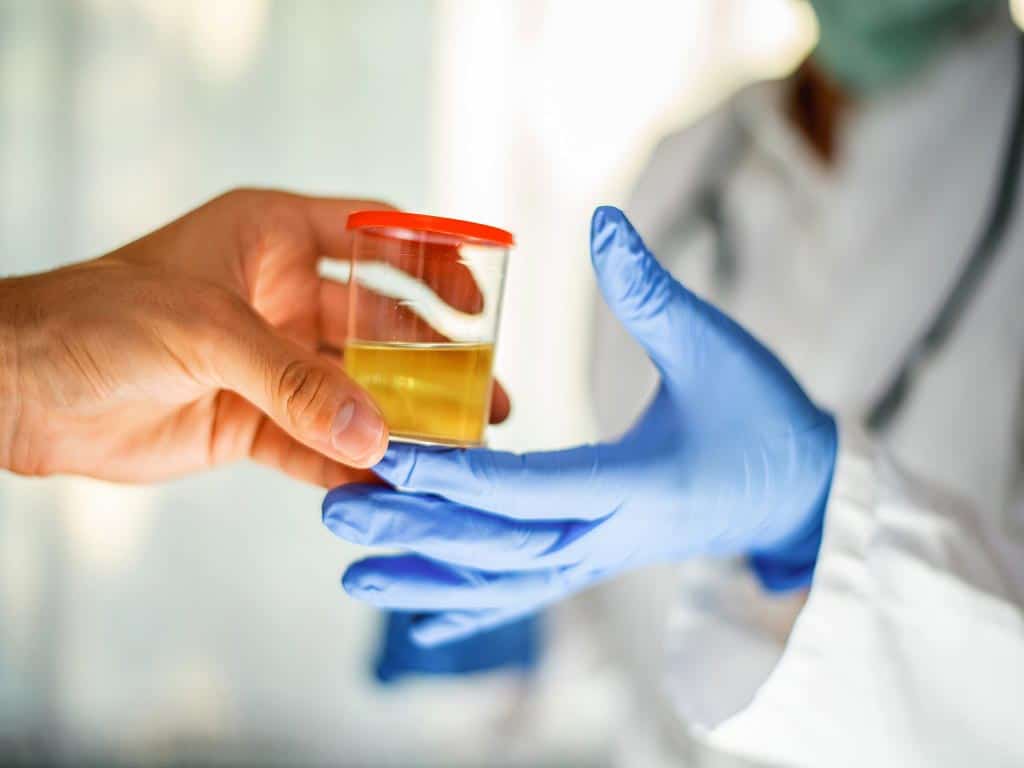
Drug Test Alcohol Employment -Types of Testing
In drug and alcohol for employment testing, several types of testing methods are available. One of the most common methods is urine tests. This involves collecting a urine sample and analysing it for the presence of drugs or alcohol. Another type is the saliva testing. This utilises an oral fluid sample and is popular due to its ease of use and ability to detect recent illicit drug use.
Blood testing requires drawing a blood sample and analysing it for substance use. This method is highly accurate and can identify the immediate presence of substances in the bloodstream. Meanwhile, hair testing is a unique method as it can monitor substance use over a longer period than others. This usually has a detection window of about 90 days or more.
Accordingly, conductors often employ breath alcohol testing to monitor the consumption of alcohol. This measures the Blood Alcohol Concentration (BAC) of a person using a breath sample. Nevertheless, employers may select specific testing methods depending on their objectives. They may also include factors about the substances they aim to detect and the timeframe.
What Can Be Detected?
Different types of testing can detect a wide range of substances. Firstly, it can monitor the presence of cocaine, a powerful stimulant drug. It is known for its potential for agitation and paranoia. Secondly, it can detect marijuana, a psychoactive drug from the cannabis plant. Its use can impair cognitive function and judgment. Thirdly, amphetamines, which are central nervous system stimulants.
Opioids, including pain medications and illicit drugs like heroin, are potent analgesics that can cause sedation. Accordingly, the testing can detect prescription drugs. This is beneficial for monitoring any abuse of medications. Also, it can identify ethanol, an intoxicating agent in alcoholic beverages.

Drug Test Alcohol Employment – What Happens After a Positive Result?
When the drug and alcohol for employment testing returns a positive result, it triggers a series of steps that employers typically follow. Upon receiving the non-negative outcome, the employer informs the applicant or employee in a private and confidential setting. The employer presents the factual information from the results. Hence, the employee has the opportunity to provide any relevant information that may help explain the result.
After notifying the candidate or worker, the employer may initiate confirmatory testing to validate the initial result. This involves reanalysing the original specimen or collecting a new sample for laboratory analysis. Once they confirm the positive result, the employer proceeds with the next phase. This typically includes a review of workplace policies outlining the implications of a positive outcome.
Moreover, the employer may initiate disciplinary actions or interventions. These actions range from job offer withdrawal, formal warnings, counselling, suspension, or terminations. Nevertheless, this depends on the severity of the situation, the history of the individual, and other procedures. Also, employers may make provisions for workers to seek Employee Assistance Programs (EAPs).
Can an Employee Refuse a Testing?
In most cases, an employee cannot refuse a test if it is a requirement set by their employer. Employers have the right to implement workplace policies and procedures, including drug and alcohol testing, to ensure a safe and productive work environment. Refusing to comply with such testing can result in disciplinary action or even termination.
However, there may be certain exceptions or circumstances where an employee can refuse testing. This is if it violates their rights or goes against a legally protected characteristic. Hence, both employers and employees need to understand their rights and responsibilities regarding testing in the workplace.
Conclusion
In conclusion, drug and alcohol for employment testing is crucial for maintaining a safe and productive work environment. By implementing these tests, employers can ensure that their employees are not under the influence of substances that may impair their judgment or performance. Nevertheless, employers may conduct the testing for various reasons. This may include pre-employment testing, random testing, reasonable suspicion testing, and post-accident testing.
Accordingly, there are different types of testing available. This may involve urine, saliva, blood, hair, or breath testing for alcohol consumption. These methods can detect a wide range of substances. It may identify the presence of cocaine, marijuana, opioids, prescription medications, or ethanol. However, it is vital to know what happens after a positive result. This may involve confirmatory testing and the occurrence of consequences. Also, employees cannot refuse a test without repercussions like suspension or termination.


















